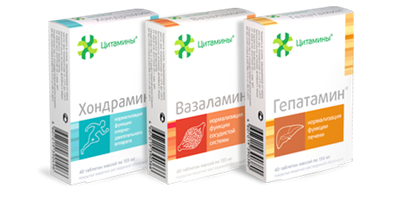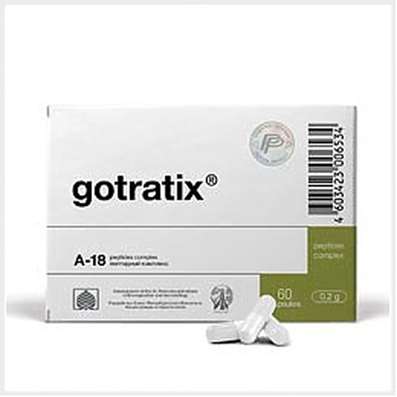Found neural network responsible for overeating
06 Nov 2016
Dependence on the sweet and addiction to food from the point of view of neuroscience

What happened
We showed in this study that the neurons coming from the area of the brain called the lateral hypothalamus (region of the brain responsible for hunger, nutrition and homeostasis), sends signals to the ventral tegmental area (area of the brain responsible for motivation and reward), active when we perform actions that provide reinforcements sufficient to turn into a habit, such as a hike to the refrigerator. If we want to understand how the brain stimulates these feelings, thoughts and actions, we need to know not only what he says, but also what he says with whom.
We used optogenetics, which allows to activate and deactivate the neurons to see which particular neurons (their genetic and anatomical individuality) fed signals (the nature of their pulses) and to whom they have sent them (the neurons in the network, these messages are received). With the activation of this pathway, we found that it causes a feeling of compulsive overeating as a research promotion in the face of punishment, binge eating even do not experience hunger and constant behavior aimed at finding a reward. We also found that the overlap of the search path compulsive reduced sucrose. But, surprisingly, it did not alter the food intake process at the hungry animals!
If you want to improve cognitive function of the brain, you need to buy Pantogam, Metaprot, Cortexin, Cerebrolysin.
Prehistory
One of the biggest challenges of treating obesity associated with overeating, is that most therapies time they treat the symptoms, not the disease. Gastric bypass surgery, for example, makes it harder to supply the process itself, but it does not change the habits of overeating, and often a lot of people after the failure occurs, and they are gaining weight again.
The main problem in such cases is a passionate craving, which leads to overeating, and then to the compulsive behaviors associated with overeating. There is a theory that has been developed by researchers dependencies Barry Everett and Trevor Roberts, that the actions aimed at searching for rewards lead to habits that can turn into a compulsive search for promotion in the case of drug addiction. We were interested in how the brain may cause compulsive behavior. So we wanted to find out whether or not this theory is valid.
This is very interesting because it is a huge difference between an addiction to food and drug addiction is that you do not need drugs to survive, but to do this you need food. Treating addiction to food has to be more delicate, because you have to get rid of painful overeating, but still want to be a desire to have healthy food in order to survive. Our research indicates that this is possible.
Prospects
Imagine if I told you that in the future we will be able to change the way our nerve transmission network signals so that I would not have wanted to have a sweet tooth, but nothing would stop me from eating healthy food when I'm hungry. Of course, you must still do a lot of work before it becomes a reality, but our research shows that this is possible.
We must make sure that these things are safe and effective, but we hope that our work will inspire scientists to treatment method development attempts, based on neural networks, which will use deep brain stimulation, or non-invasive methods, such as the stimulation of using focused ultrasound or transcranial magnetic stimulation, possibly together with cognitive behavioral therapy. While our study suggests that this type of treatment is possible because it is a different network, which means that we have a starting point for further research. The only thing that I am absolutely convinced - that this is only the tip of the iceberg.

 Cart
Cart





